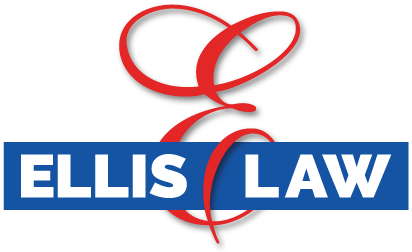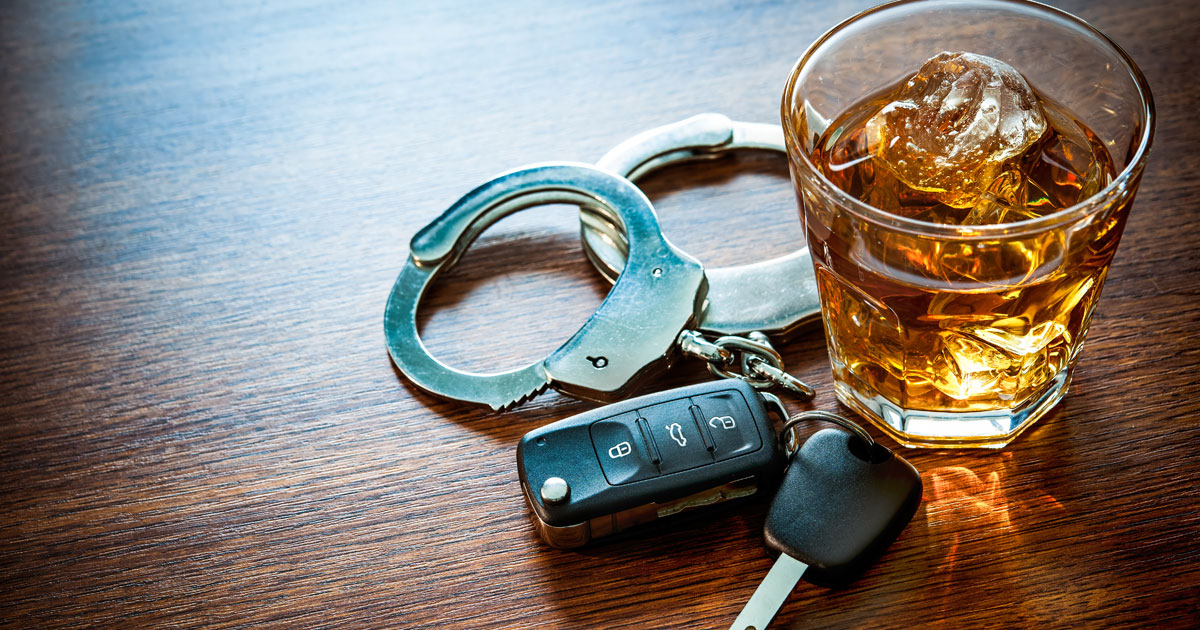The cost of a DUI in New Jersey is not just about paying fines and auto insurance surcharges: there other significant penalties that can affect you now and in the long term.
How Blood Alcohol Concentration Determines DUI Penalties?
While the state of New Jersey does not differentiate between an alcohol DWI and a drug DUI, and punishments vary from case to case. They are based on blood alcohol concentration (BAC), past offenses, and if the driver is under age 21. The two categories of BAC are those higher than 0.08 percent and less than 0.10 percent, and those more than 0.10 percent. If the driver is under 21, the minimum BAC is 0.01 percent because these drivers are under the legal drinking age.
If you are stopped by a law enforcement officer under suspicion of drunk driving, at a DUI checkpoint, or for an unrelated traffic offense, they might test you for possible intoxication. This might begin with physical sobriety tests like following a finger with your eyes or walking in a straight line. A portable breath-testing device may also be used. If this shows a reading at the minimum threshold of 0.08 percent or more, you will be arrested on the spot and taken to a police station. Another BAC test will be given there, where failing to submit to the test may result in license revocation.
All About DWI Penalties
Drivers under age 21 who are convicted of DWIs have their licenses suspended for 30 to 90 days, must perform 15 to 30 days of mandatory community service, and must attend classes at an Intoxicated Driver Resource Center (IDRC). Those cost more than $200, and this is on top of monetary penalties imposed by a judge and the auto insurance provider.
- For first offenses: drivers over 21 who register a 0.08 and 0.10 percent BAC get charged with a DWI and face license suspensions of three months. The first fine will be from $250 to $400, and the insurance surcharge will be $1,000 a year for three years. Attendance at IDRC classes will also be mandatory, and there may be additional fines as well. Here is how the subsequent penalties for 0.08 and 0.10 percent BAC concentrations committed within 10 years of the first stack up:
- For a second DWI: The driver’s license gets suspended for two years, and fines range from $500 to $1,000. The insurance charges will be the same, and IDRC education is still mandatory. Added penalties might include longer community service time and possible jail sentences from 48 hours to 90 days.
- For a third DWI: When this happens, the driver’s license is taken away for ten years and the fine is $1,000. The insurance surcharge increases to $1,500 yearly for three years. The IDRC attendance and community are also part of the consequences, and the possible jail time goes up to 180 days.
Other DUI Costs
Drivers who test and show a BAC of 0.10 percent and higher on a first offense can expect to spend 30 days in jail and pay an initial fine of $300 to $500. If the BAC is 0.15 or higher, the license will be suspended for at least four months. These drivers will also have to attend IDRC classes and pay a state insurance surcharge of $1,000 a year for three years.
The other costs of having a DUI might include higher insurance premiums, and being dropped by the insurance provider. Many drivers also have to make contributions to organizations like the Drunk Driving Enforcement Fund (DDEF). Drivers who have BACs ranging from 0.10 to 0.14 percent must also install ignition interlock devices and keep them on during their license suspensions.
An Experienced NJ Traffic Ticket Attorney at Ellis Law, P.C. Will Fight to Protect Your Rights
Whether or not you broke the law in an alleged DUI or DWI incident, a NJ traffic ticket attorney at Ellis Law, P.C. can represent you and protect your rights. For a free consultation, call our Freehold, New Jersey offices at 732-702-6103 or complete our online form. We proudly serve clients in Freehold, East Brunswick, Toms River, Middletown, Jersey City, Neptune, Hudson County, Union County, Essex County, and Ocean County, as well as Brooklyn and New York, New York.





